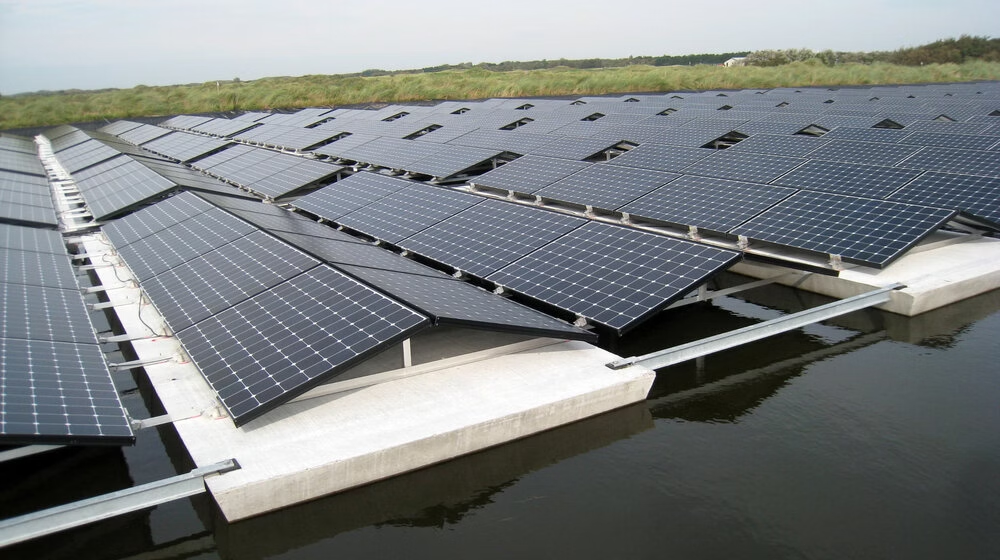Bilateral cooperation expands with a $400 million satellite deal and a joint venture to establish a fishmeal processing plant at Gwadar.
In a significant boost to Pakistan’s technological and industrial sectors, China and Pakistan have forged two major agreements during the 2nd China-Pakistan B2B Investment Conference held in Beijing on September 9, 2025.
The first deal involves a 2.9 billion yuan ($400 million) agreement between Chinese satellite company PIESAT and Pakistan to help develop an independent satellite network. This partnership will enable Pakistan to establish a dedicated satellite constellation for real-time communications and remote sensing.
The deal is a part of broader technological cooperation between the two countries, furthering their shared goals of enhancing Pakistan’s satellite capabilities. This agreement follows PIESAT’s previous collaboration with Pakistan, where in June 2024, the company had signed a 200 million yuan deal to support smart agriculture technology in Bahawalpur.
PIESAT, a key player in satellite operation and application services, will support Pakistan in disaster mitigation, natural resource supervision, and environmental management, crucial sectors for the country’s long-term development and resilience.
In a separate agreement, China’s MAYCOM Group and Pakistan’s TECNO Group have formed a joint venture (JV) worth $12 million to establish a fishmeal processing plant at Gwadar Port.
This project aims to process sardines and other fresh fish from the Arabian Sea to produce feed-grade fishmeal and fish oil for the aquaculture markets in southeastern China. The JV will operate in two phases, with the first phase set to produce 15,000 tons annually, requiring a $4 million investment.
TECNO Group, a major Pakistani conglomerate, will hold a controlling stake in the JV and oversee local resource procurement and production in Pakistan. Alongside the fishmeal plant, both companies agreed to expand bilateral trade, focusing on exporting Pakistani agricultural products such as sesame, peanuts, and cottonseed to China, as well as mineral resources. China will also supply solar panels, energy storage systems, and other new energy products to Pakistan.
The joint venture marks a significant step in strengthening trade ties between the two countries, with both sides expressing a shared commitment to long-term collaboration. Both MAYCOM and TECNO had previously conducted on-site inspections and studies to ensure alignment on project goals.
These agreements reflect the growing economic and strategic cooperation between China and Pakistan, with both countries working to enhance trade, technology, and industrial development.







